Treesearch
Not sure what tree to plant? Check out this tool for great ideas!
Callery Pear
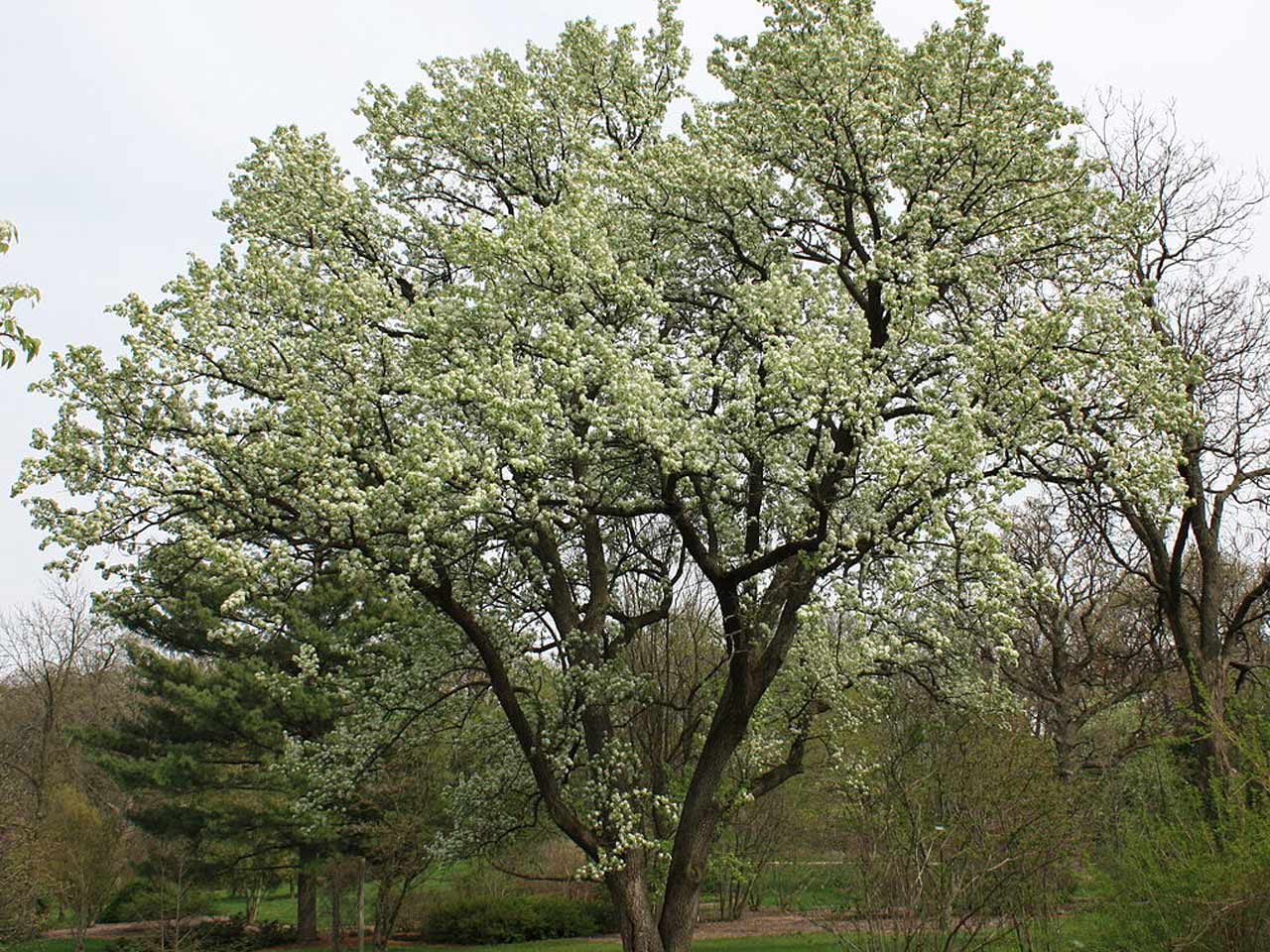
Pyrus calleryana ‘Chanticleer’ non-native, deciduous, green leaves sometimes fading to purple in fall, small cherry like green fruit, fast growth rate, fits well with a “manicured” property
Bur Oak
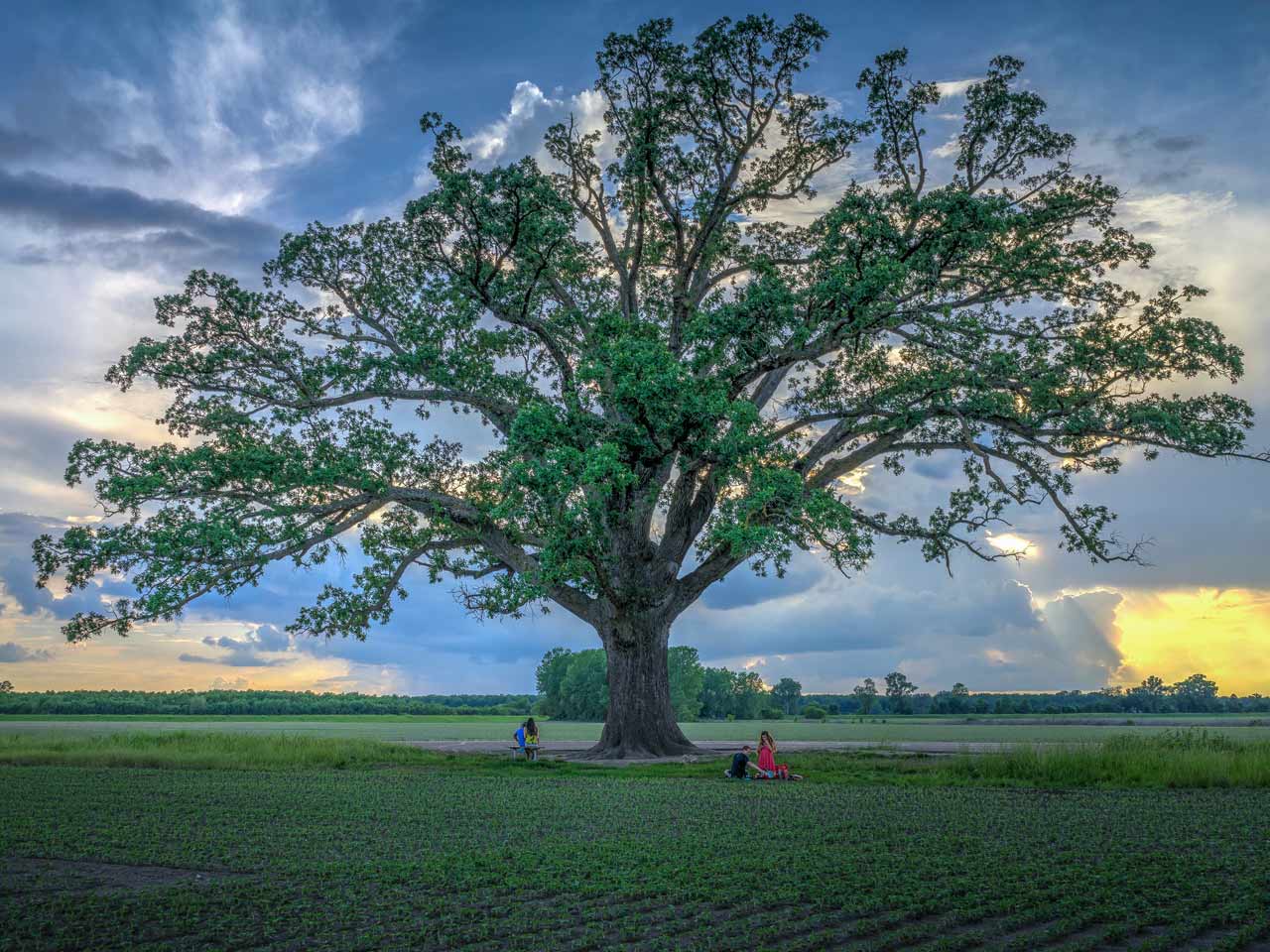
Quercus macrocarpa the most common native white oak, deciduous, green leaves turning pale yellow in fall, acorn 1″ long, slow growth rate, impressive specimen with interesting twisting branch structure and rough/furrowed bark. Interesting fact – fire resistant which accounts for it’s presence in grasslands. Beautiful specimen tree for your yard.
Black Locust
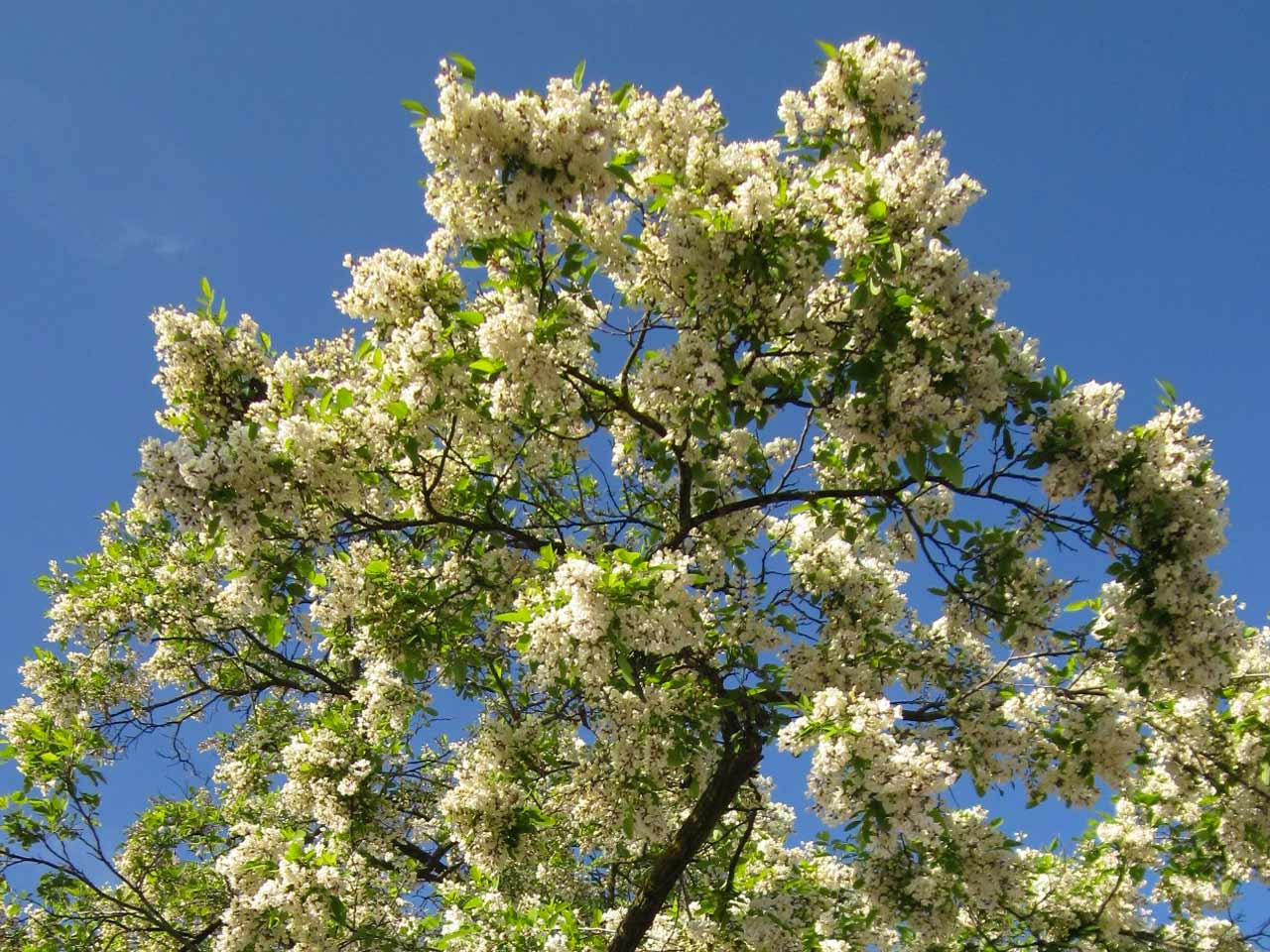
Robinia pseudoacacia non-native, deciduous, bluish green leaves turning yellow green in the fall, 3″ flat pod fruit, fast growth rate, beautiful aromatic white flower display in spring, one of a kind “graveyard” like branch structure. Prefers disturbed habitat – old fields, degraded woods. Can form dense stands if established. Note : twigs and bark are […]
Beech
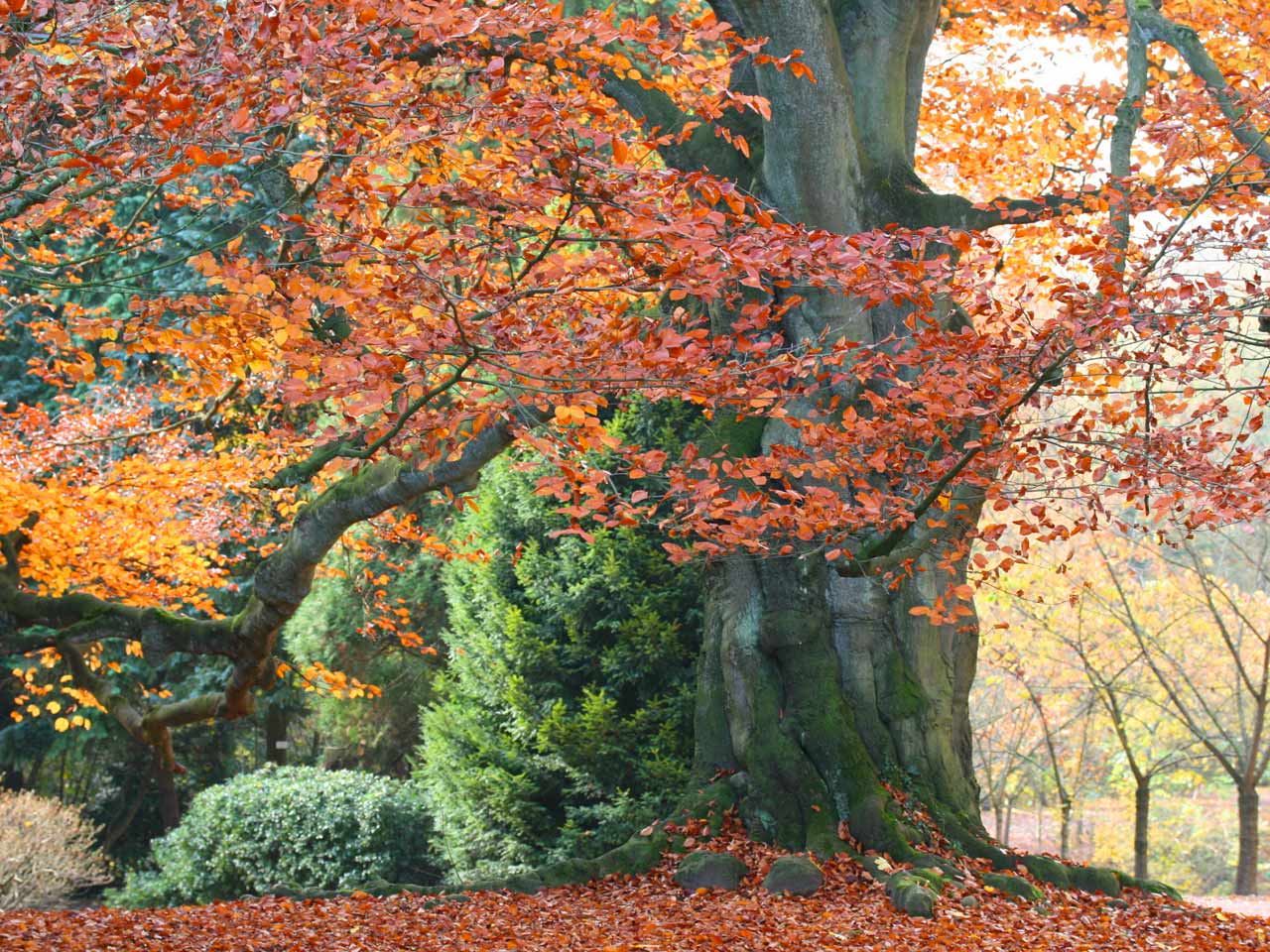
(Fagus) is a genus of deciduous trees in the family Fagaceae, native to temperate Europe, Asia, and North America. American beech is native to Canada. A long-lived tree, preferring moist, well drained, nutrient rich soil. Beech nuts are popular with many birds and mammals. The bark is thin and smooth with a bluish-gray tint making […]
Basswood
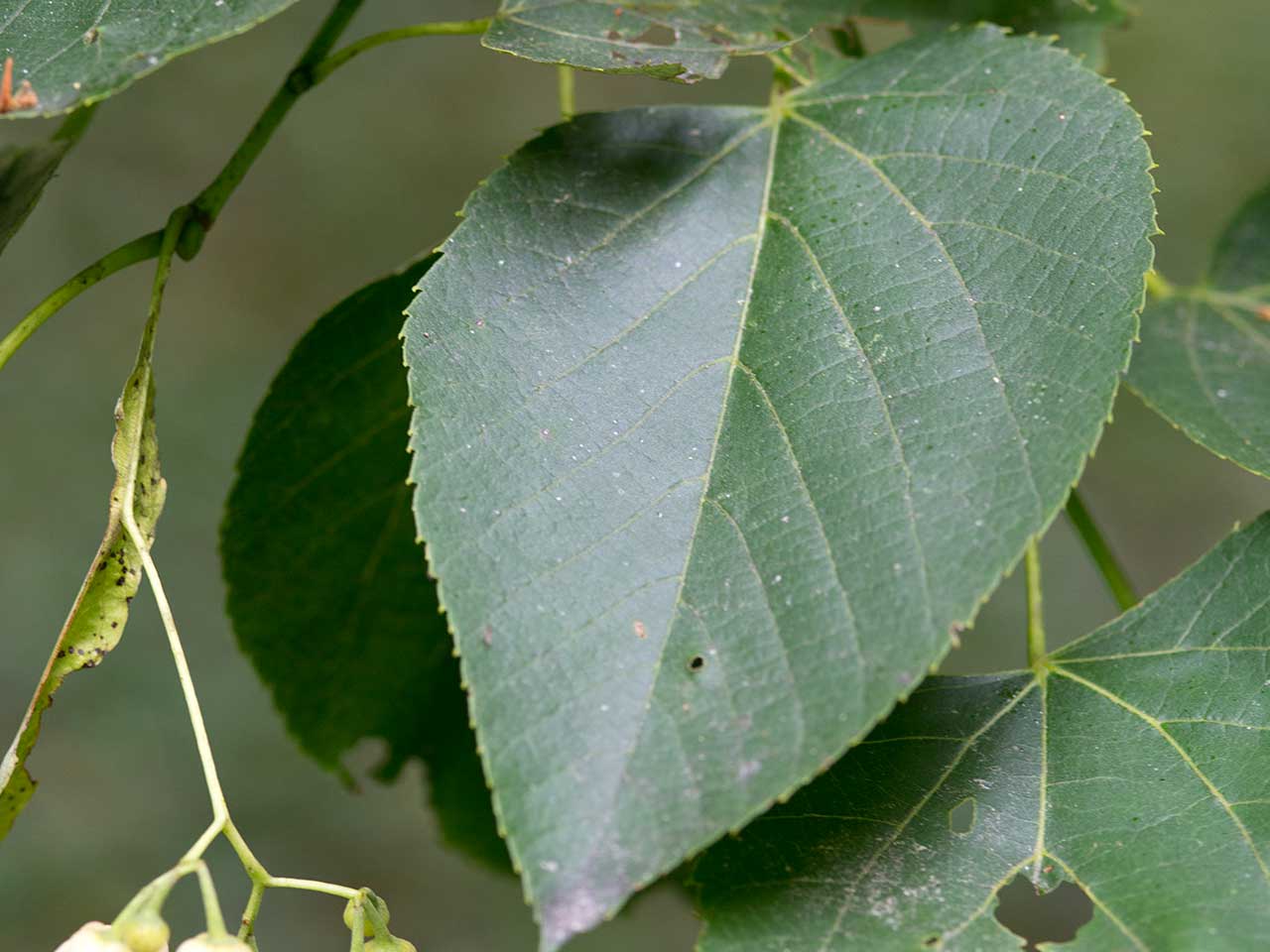
Tillia americana native, deciduous, large heart-shaped green leaves turning slightly yellow in the fall, small green cherry shaped fruit, medium growth rate, prefers un-manicured natural areas. Commonly found with large multiple stems in fence lines in rural areas. Leaves have a high nutrient level making them great for mulching your lawn. Bees are drawn to […]
Balsam Fir
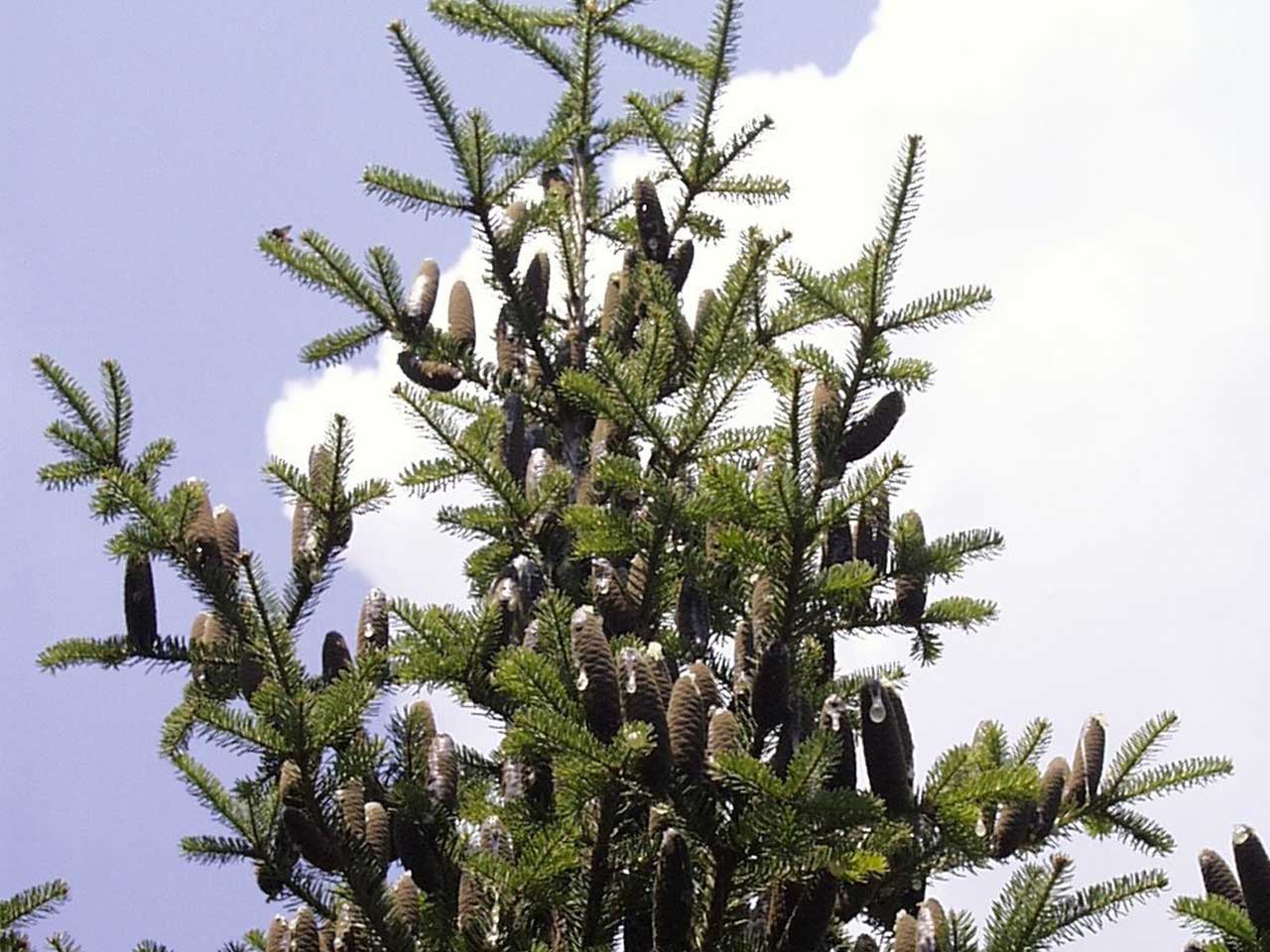
Abies balsamea – native, evergreen, flat/green needles, produces cones after 20-30 years, slow growth rate up to 25 m tall, interesting smooth bark prior to maturity. Recognized as a tree of northern forests with its slender, tapered top. Thrives in a variety of soils but does not like to dry out due to a shallow […]
Cedar
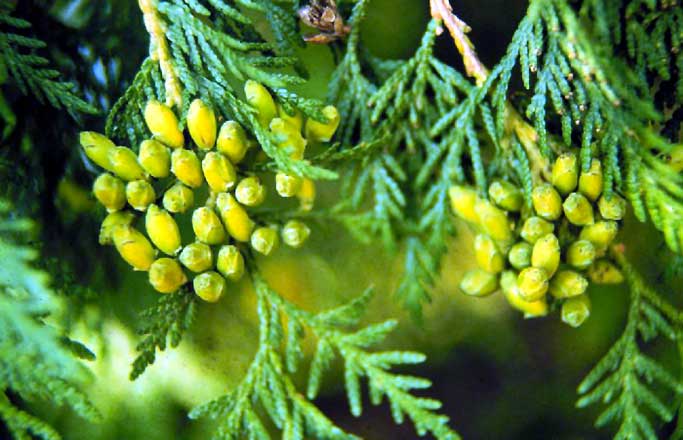
Thuja occidentalis, also known as northern white cedar, eastern white cedar, arborvitae, or tree or life. It is an evergreen coniferous tree, in the cypress family Cupressaceae, which is native to eastern Canada and much of the northcentral and northeastern United States. It is widely used for privacy or wind break as a hedge or specimen tree. The cedar is a hardy tree that […]
Apple
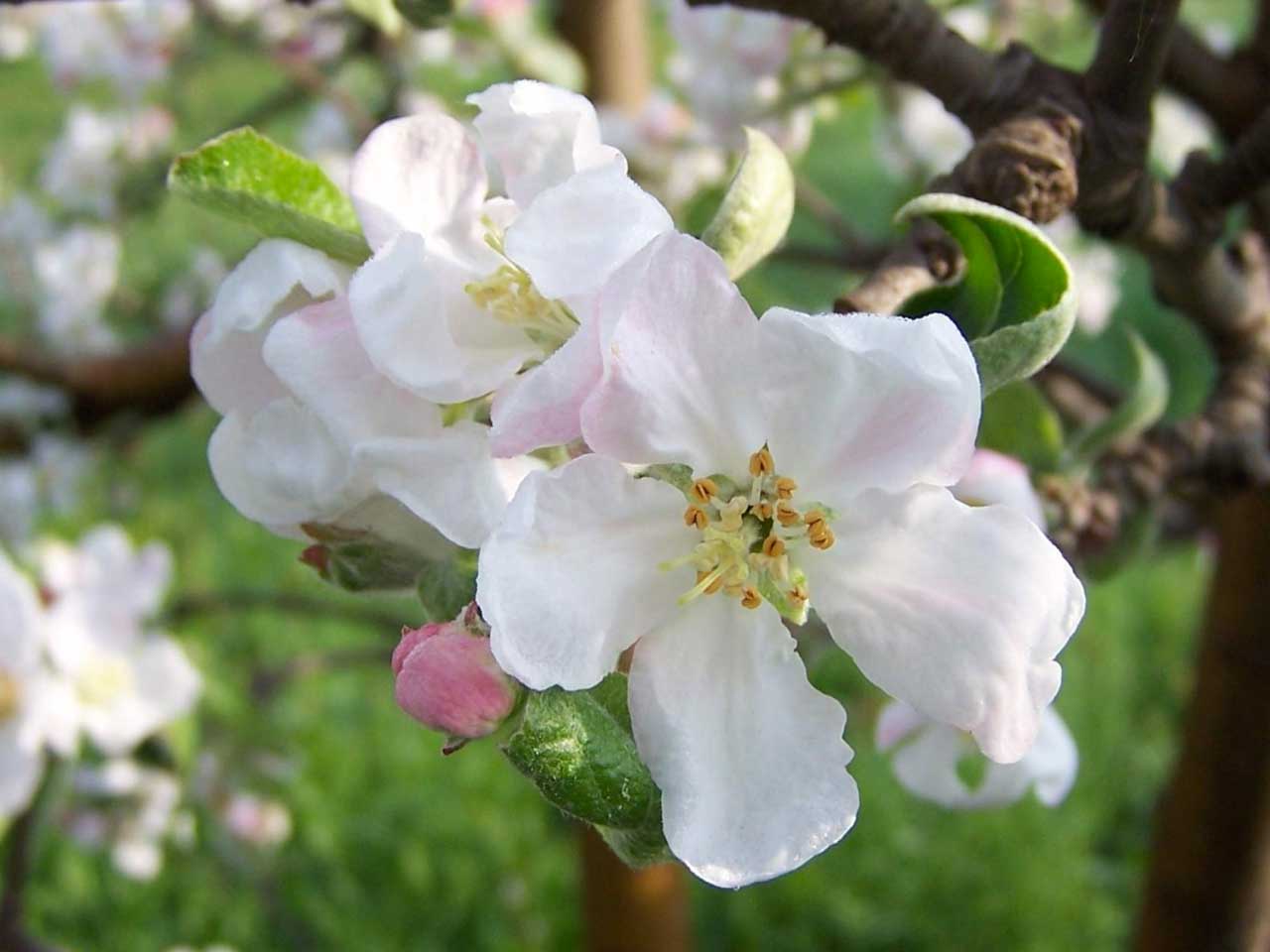
(Malus domestica) Apple trees are large if grown from seed. Generally, apple cultivars are propagated by grafting onto rootstocks, which control the size of the resulting tree. There are more than 7,500 known cultivars of apples, resulting in a range of desired characteristics. Only 2 are native to Canada. They spread in the wild and […]
Amur Maple
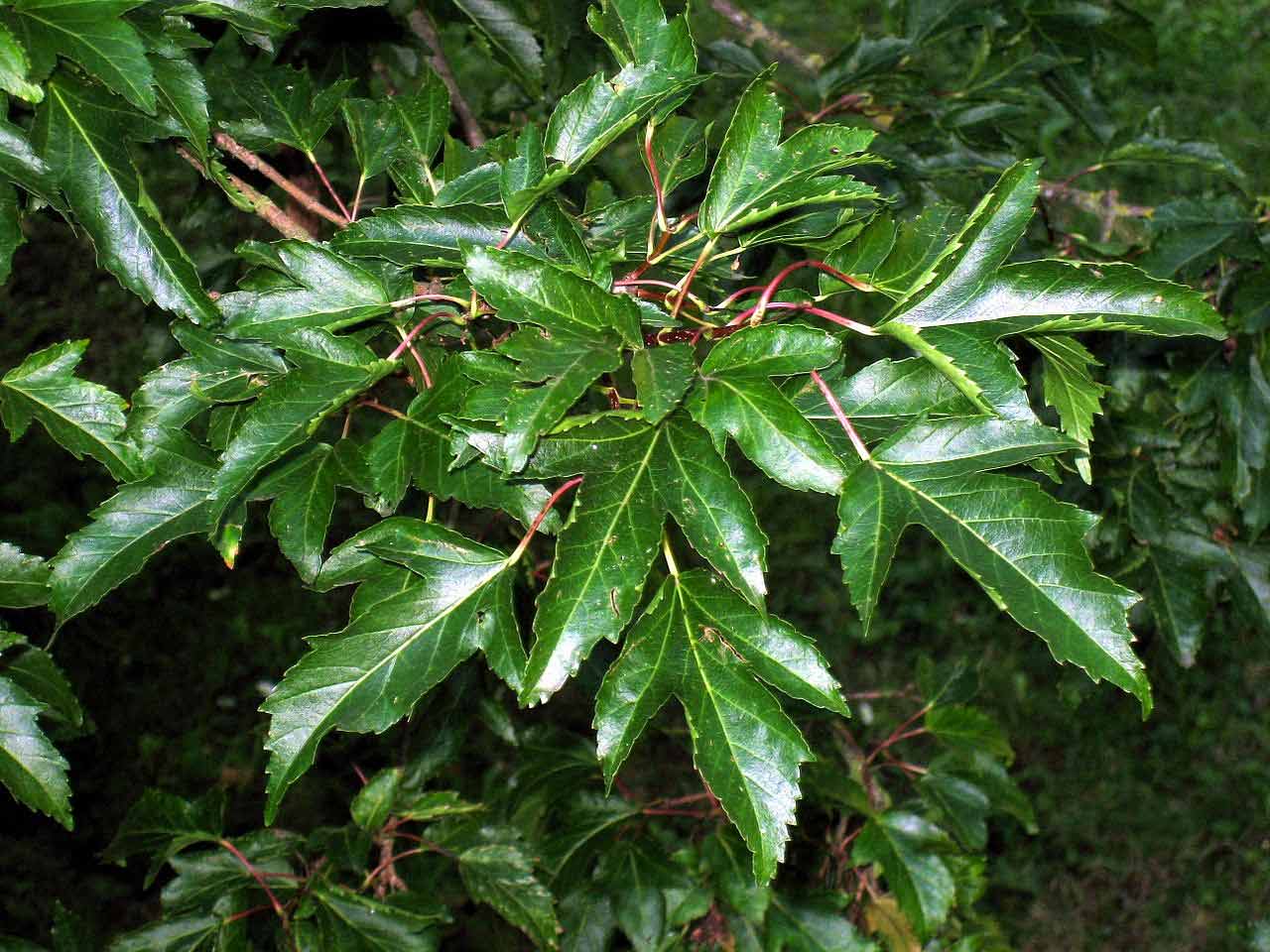
Acer ginnala, the Amur maple, is non-native, deciduous, with green leaves turning yellow or red in fall. It produces maple key fruit and has a medium growth rate. It’s a very compact Maple suitable for limited spaces and sometimes pruned as a hedge. Should only be planted in urban settings, far from natural areas as it […]
Page 5 of 5